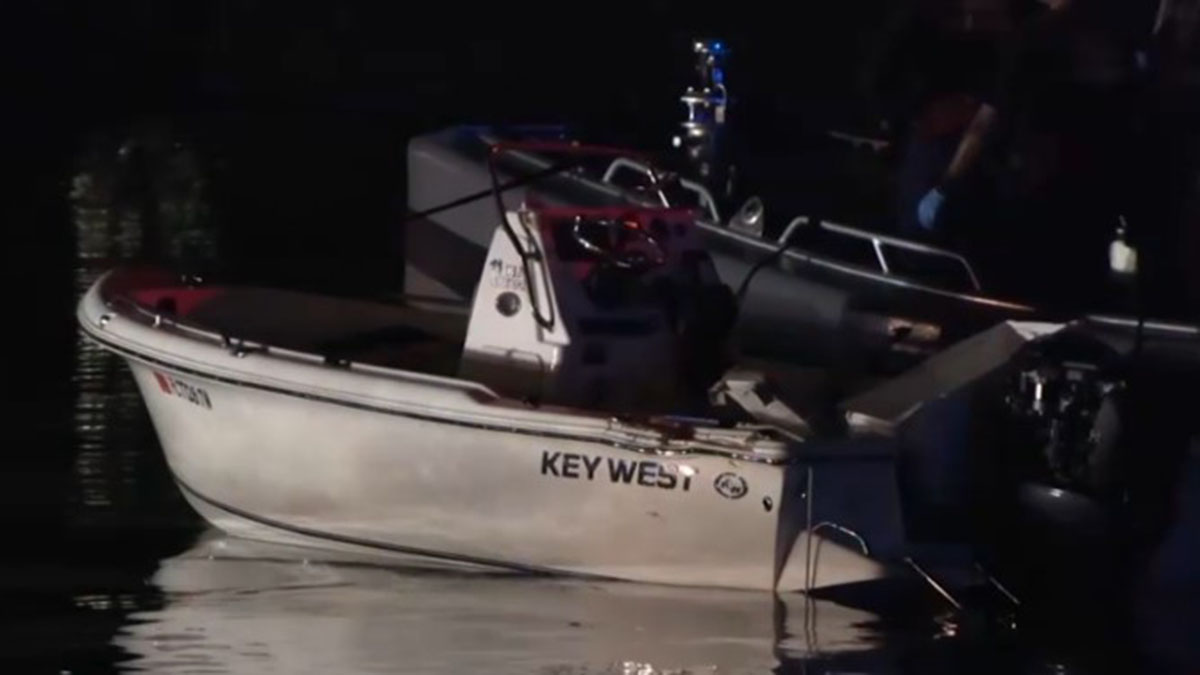NBC 6 received an exclusive inside look at the Miami-Dade County Medical Examiner's toxicology lab. They investigate the unnatural deaths in our community and search for answers, where there seemingly are none.
Located right above the morgue, the scientists at the toxicology lab gave us a rare look at what really goes on behind-the-scenes.
"We've really been a voice for the dead. They can no longer tell us what happened to them, so we have to use our science to get to the bottom of why this person died. And it's really important to family members to bring closure to them of what could've happened to their loved one," said Liz Zaney, toxicology supervisor.
"The overall responsibility of this department is to investigate death and to try to understand why someone may have died. Be it an accident, a homicide, suicide. All kinds of different causes and unexpected natural death for instance," said George 'Buzz' Himes, assistant laboratory director.
What kind of stuff do they test? The lab has a whole freezer full of human samples.
"Typically from the morgue what the pathologist will send us is multiple tubes of blood. We also receive tissues such as livers and brain. We also receive stomach contents into the laboratory, bile. We receive ocular fluid and any of those specimens can be used in our testing process," said Diane Boland, director of toxicology.
After they receive the samples, the toxicologists then have to extract the drug or poison. Then instrumentation and machines help them identify the toxin. It all comes down to chemistry.
Local
"The various drugs, chemicals, poisons, whatever, we start by understanding the chemistry of these things," Himes said.
And it takes a lot time to be accurate.
"It's actually a pretty extensive process that we go through. In terms of the cases that we process, they have to be extracted. In other words, we have to isolate and purify the drug from the biological matrix, which takes time and then once we're ready, the sample is placed on to an instrument that we want to be working and functioning properly. So with all that testing its very important to pay attention to the details," Boland explained.
The lab may have lots of fancy technological equipment, but they have one main goal: finding out whether drugs or poison played a part in someone's death.
"Our goal here is to try and find out if there were any drugs or toxins or poisons or anything exogenous, we would say, that somebody may have consumed or came in contact with that might explain their death," Himes said.
From household poisons to synthetic drugs, the lab has seen it all over the years but lately there's been some more common cases.
"The major epidemic for us and what we're seeing in medical examiner cases is poly drug cases that are mostly involving heroin, fentanyl and cocaine," Boland explained.
Not only do they work with law enforcement, public health and research institutions, but the lab's work also has a major impact on the community.
"I think more importantly, we're really informing the families of what's happening. What happened to their loved one and providing answers for them," Boland said.



